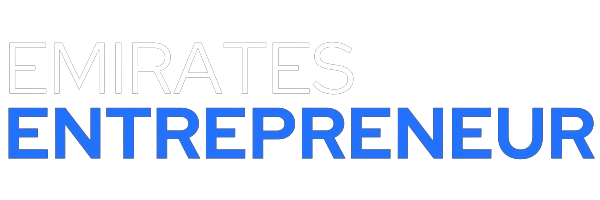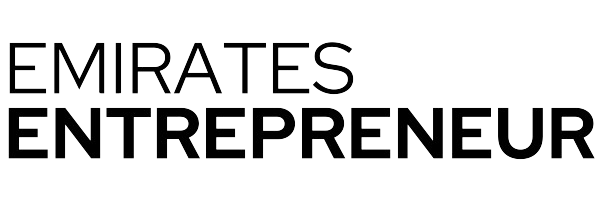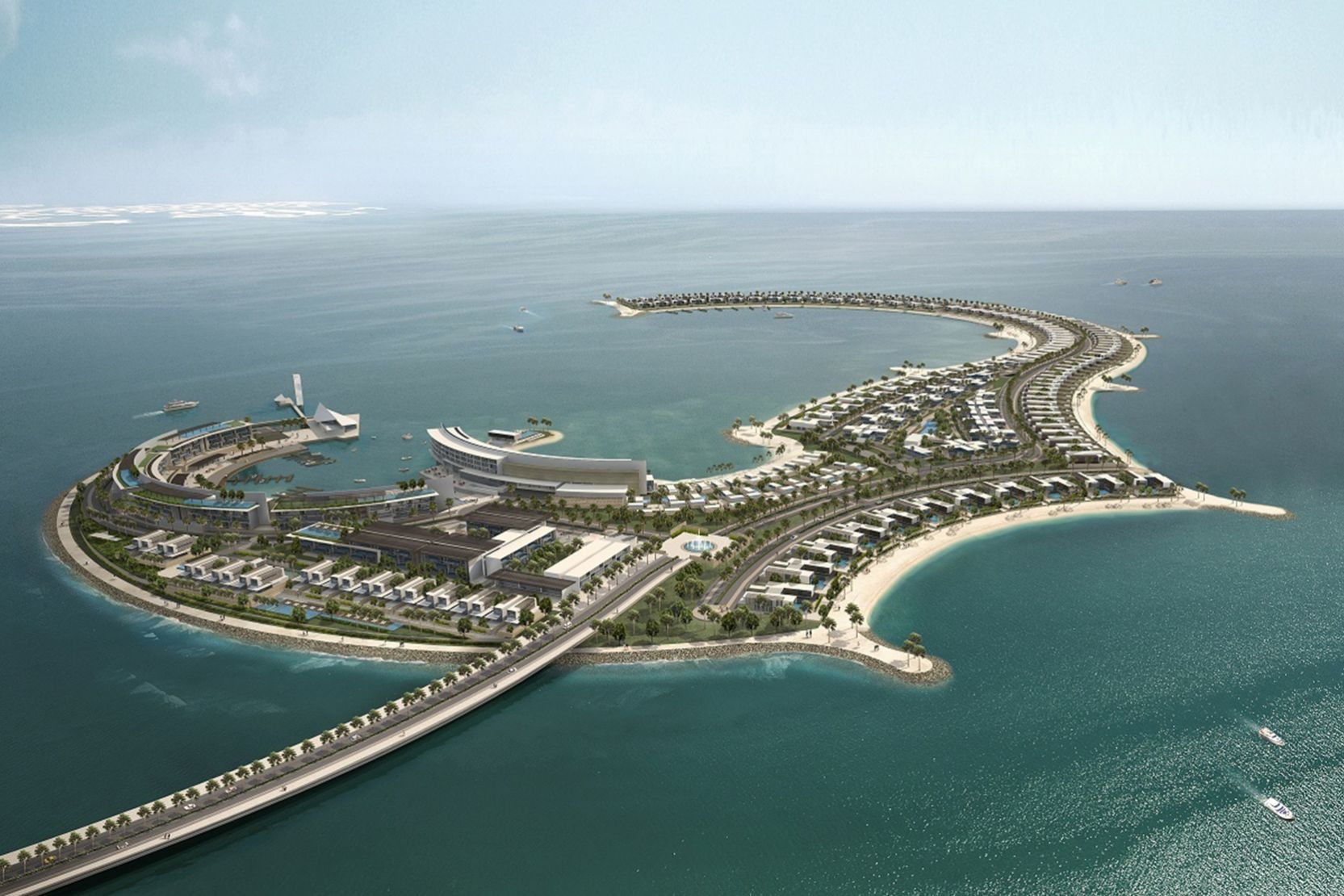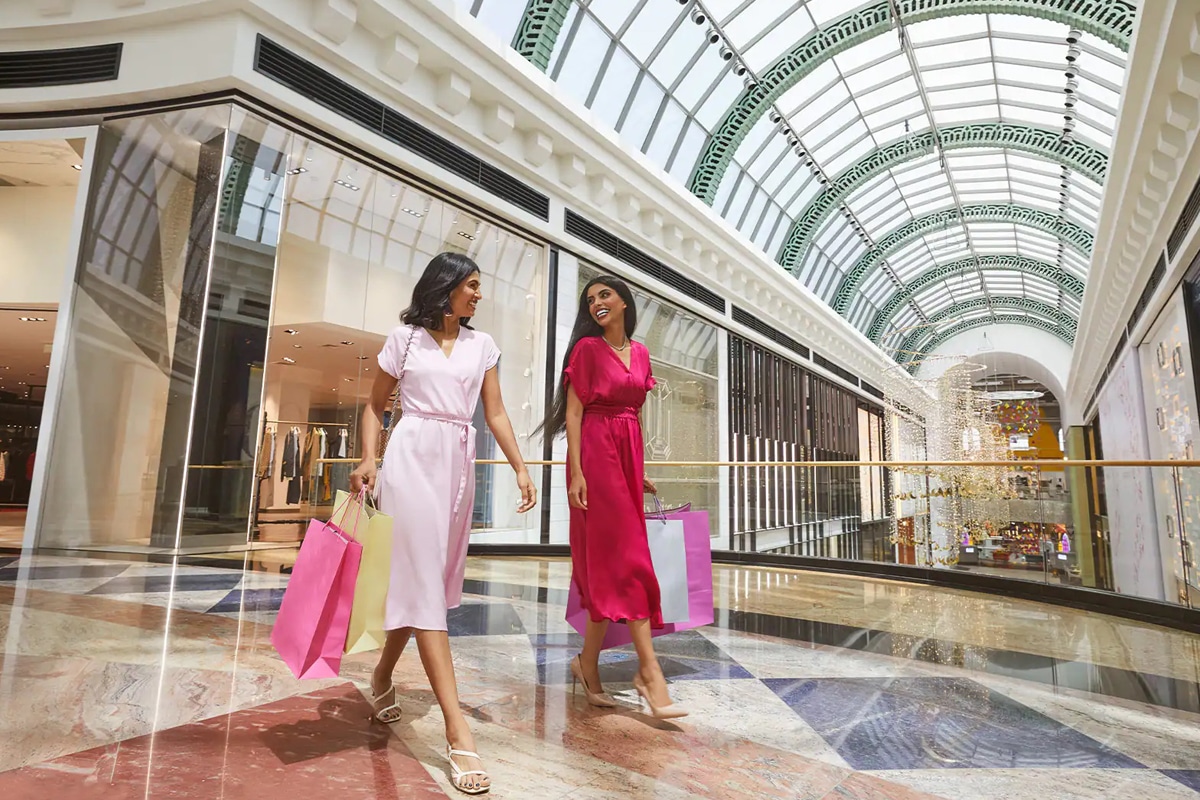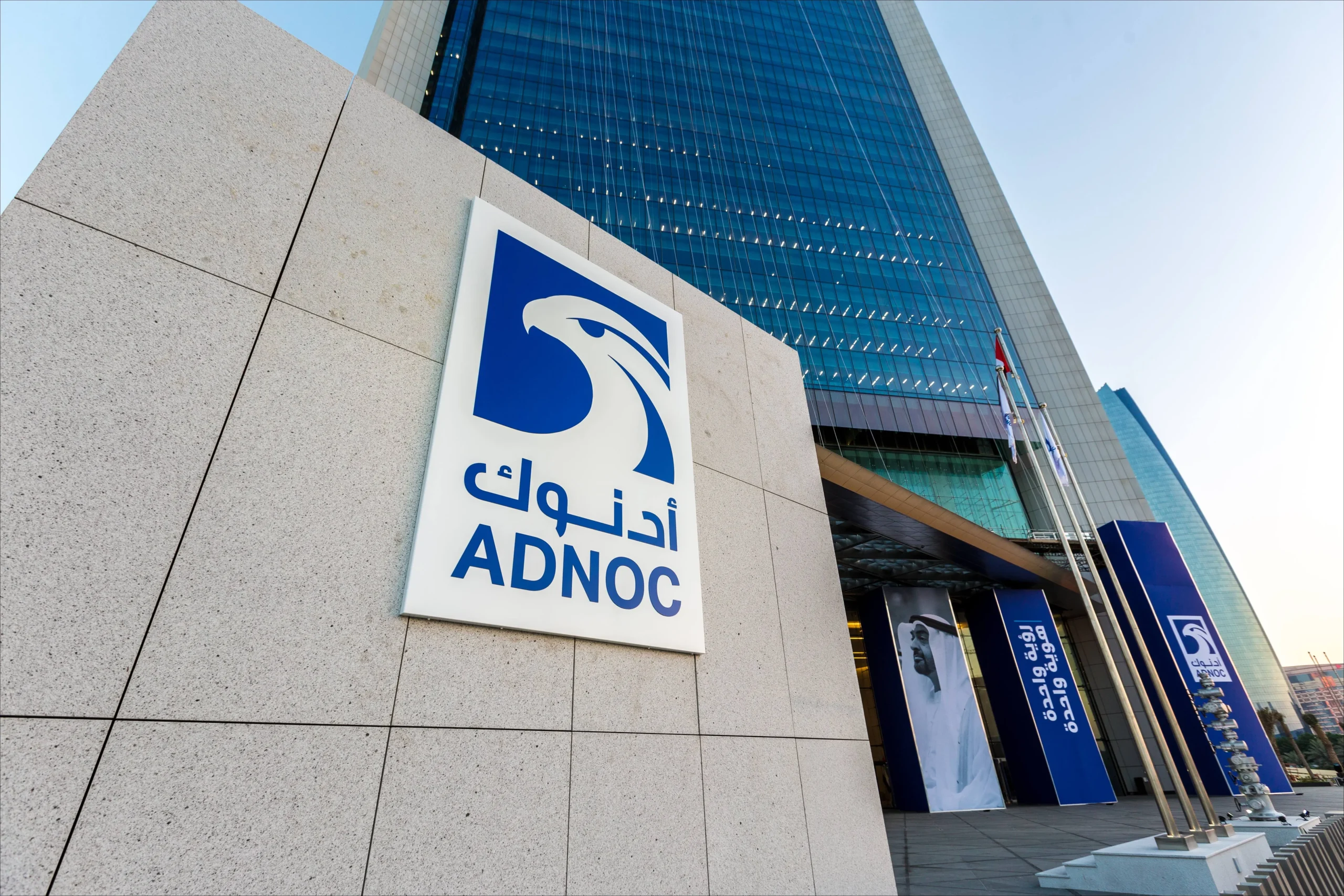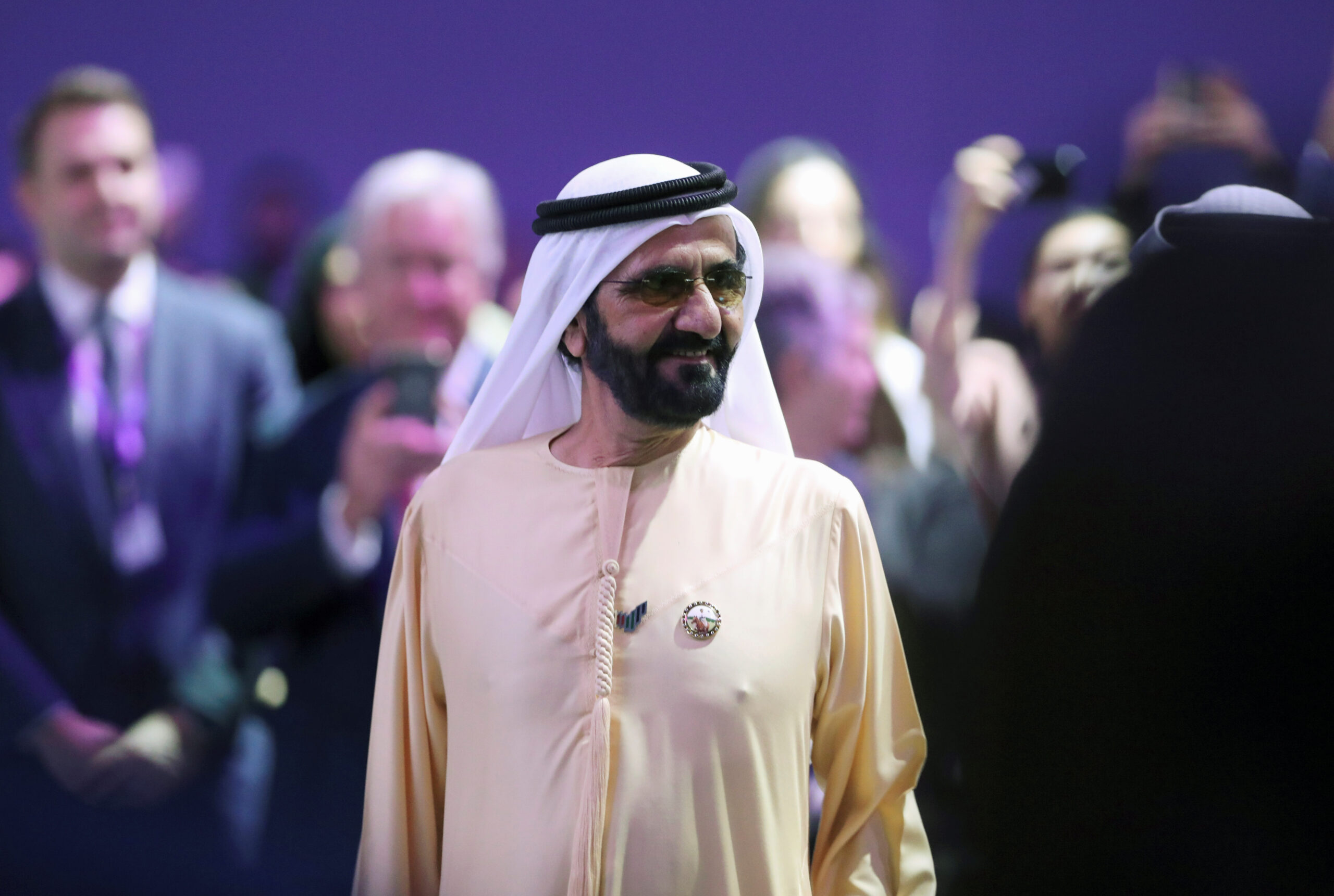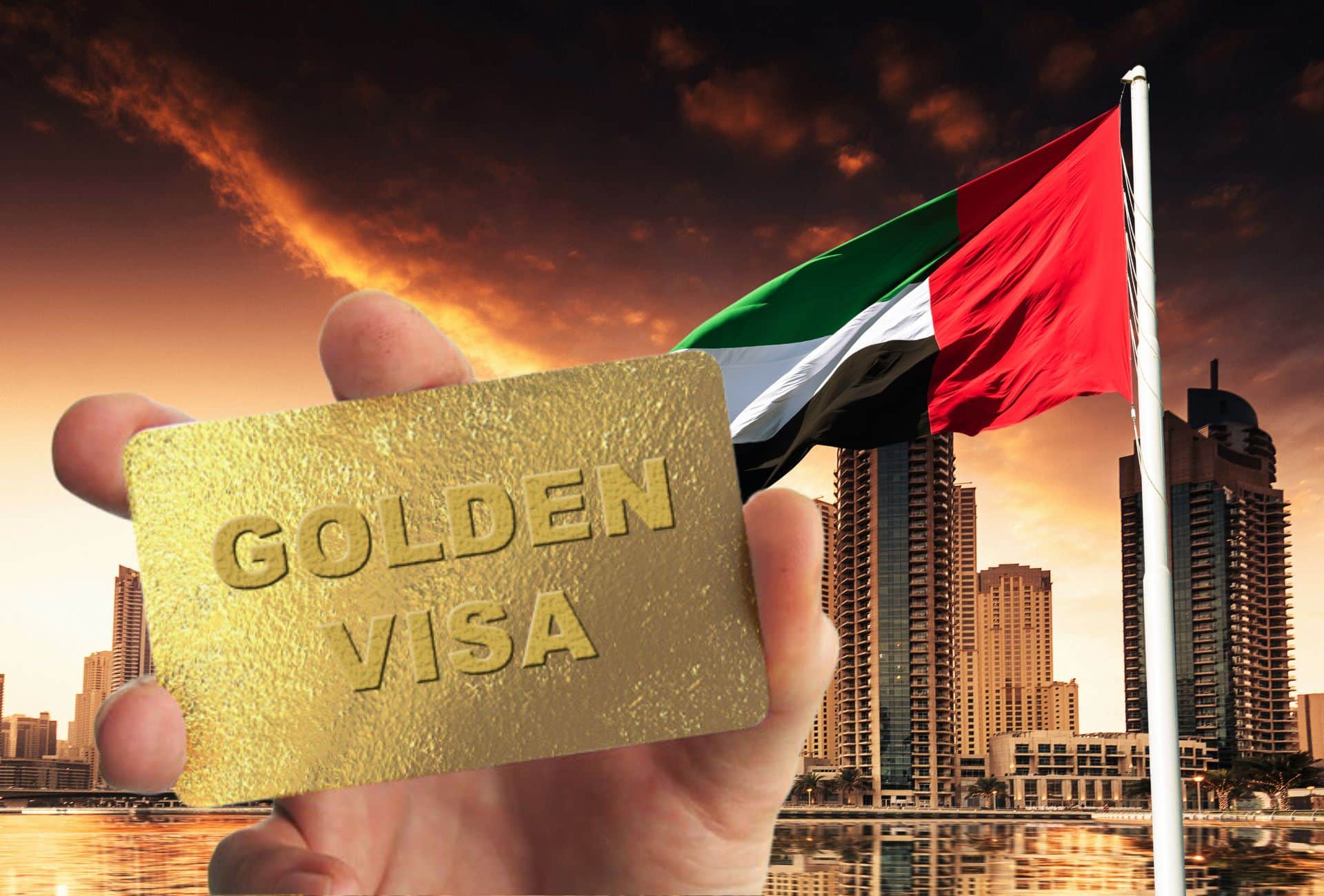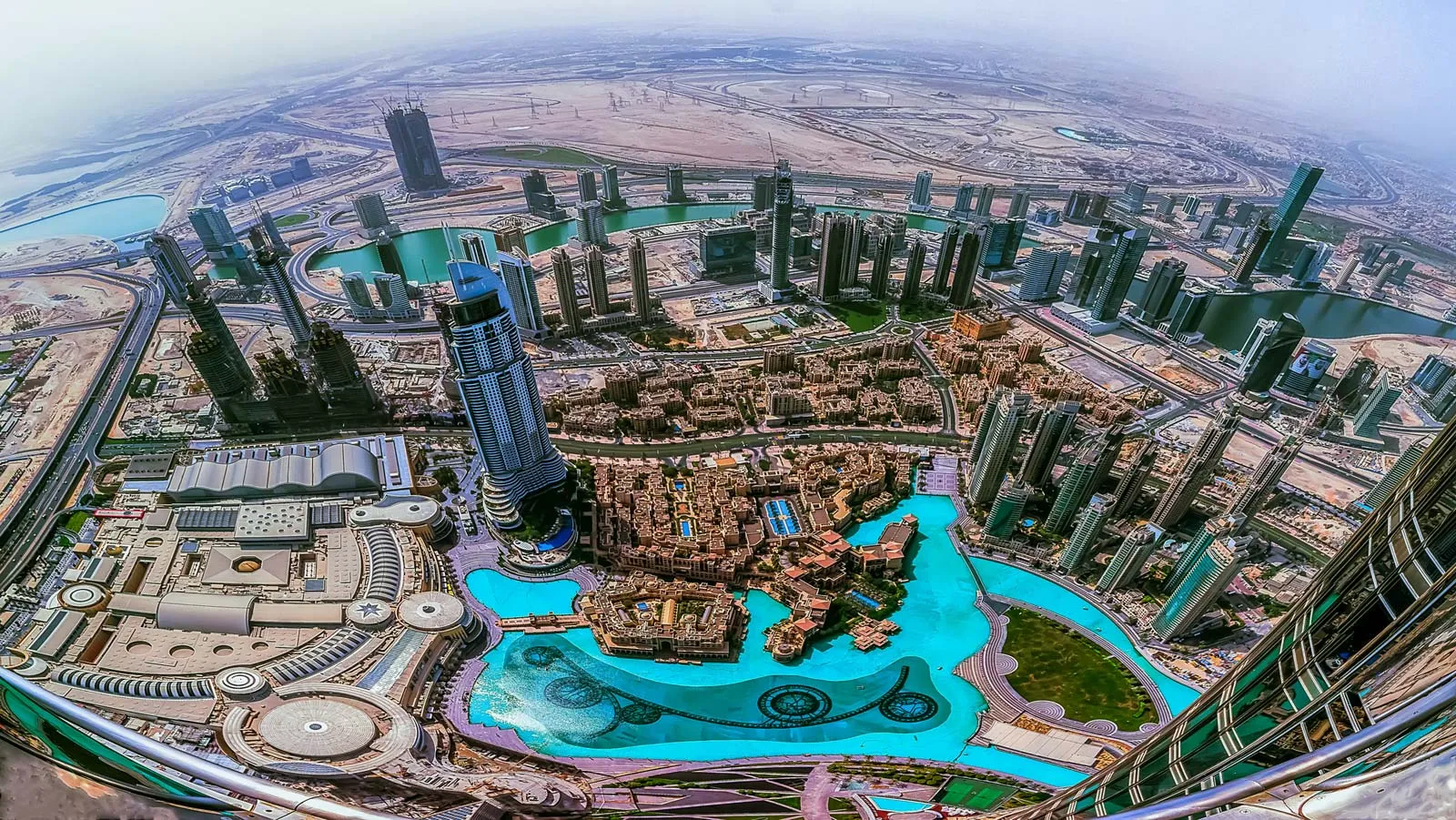Ras Al Khaimah (RAK) is witnessing a significant boom in its property market, with prices soaring by 20-25% over the past eight months, according to a report from Metropolitan Premium Properties (MPP). This surge is particularly pronounced on Al Marjan Island, where frequent property launches continue to drive prices upwards with each new phase.
The market has been highly active, witnessing the introduction of approximately 1-2 new property launches per week over the last quarter. This influx has diversified options available, ranging from luxurious branded properties to more affordable housing choices.
Strong Demand for Smaller Units
Metropolitan Premium Properties highlights a strong demand for studios and one-bedroom units, driven largely by investors seeking lucrative holiday and short-term rental opportunities. Prices for studios have risen by an average of 10-15% in the last quarter, while one-bedroom units have seen increases of 5-10%.
Interest in Larger Properties
Interest extends to larger properties as well, with branded apartments, three-bedroom units, and waterfront villas priced at Dh7 million and above attracting significant attention. These properties are sought after for both primary residences and secondary holiday homes.
Developer Initiatives to Sustain Momentum
To maintain market momentum through the typically slower summer months, developers are rolling out attractive promotions. These include favorable post-handover payment plans, waived registration fees, and other enticing deals valid until the end of August.
International Investor Appeal
The RAK market is drawing keen interest from global investors, particularly from the US, UK, Europe, CIS countries, and increasingly from China. High-demand areas include Al Marjan Island, Mina Al Arab, and Al Hamra Village, with projects featuring private beaches seeing the highest demand.
Market Insights and Projections
Maxim Novikov, Head of the RAK branch at Metropolitan Premium Properties, highlighted the emirate’s growing appeal as a real estate investment hub. He anticipates prices could rise by up to 50% by the time anticipated developments, such as the casino, come to fruition. For investors eyeing opportunities in RAK, the current market dynamics present a timely window for action.
